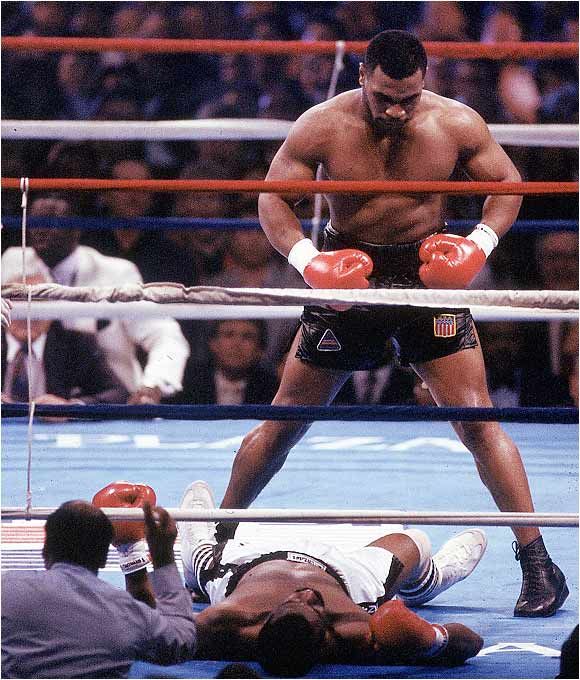Since I knew you were going to say this, I've already pre-empted this claim
in the very words you quoted below this. You should at least address what I said, rather than reflexively typing "not explicit!", as if that made any sense for a document with an elastic clause.
EDIT: Just to be perfectly clear: I want you explain to how your statement of "it has to be explicit" gels with the existence of the necessary and proper clause, which states that there are implied powers.
I have no idea what this means. What parts of the constitution are being contradicted? You can't just assert this; that is basically the definition of "begging the question."
As for "what the founders meant," this is a meaningless statement. The Founders didn't even agree on what these things meant! Or whether they were even good ideas! That why we have a Bill of Rights! That why we have the Federalist papers! That there was a struggle to get the states to ratify! That's why we had Federalists and anti-Federalists! That's why it only took us until president #2 to have the most bitterly divided political parties imaginable! And those guys
were the founders! Do you think Alexander Hamilton would tell you the same thing about the Commerce clause as Patrick Henry? Please...
Mr. President, I confess that there are several parts of this constitution which I do not at present approve, but I am not sure I shall never approve them: For having lived long, I have experienced many instances of being obliged by better information, or fuller consideration, to change opinions even on important subjects, which I once thought right, but found to be otherwise.
- Ben Franklin, to George Washington at the end of the Convention (
great speech)
But, oh no,
sturg from the internet knows what "the founders intended."
Do you have any evidence to back up this assertion? You are describing the most extreme and limited possible interpretation of the commerce clause, and I would be quite interested if you could find something from the Marshall court era that explicitly laid out that the Commerce power was
restricted to state governments making laws about other states (Hint: you probably aren't going to find it; but you might find the opposite).
I don't feel like fact checking that little partisan history lesson because it is irrelevant. I already have a functional understanding of the history and various interpretations of the Commerce clause. I'm asking you to explain your stance on what the constitution says; as a strict constructionist, this is all you should care about anyway.
As for the "halal" food stuff, that's some pretty gross equivocation. There's a world of difference between having to allow vegans into your restaurant (Civil Rights Act) and being forced to prepare vegan food (libertarian jibber jabber). There are many problems with that comparison, but the most obvious is that there is no rational basis (an important part of the constitutionality test applied in these 1960s cases) for believing the former would actually improve interstate commerce.


